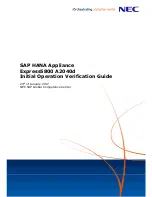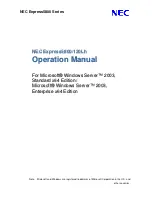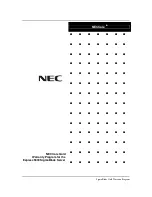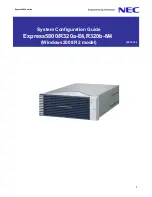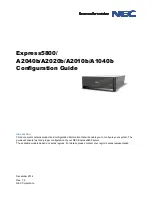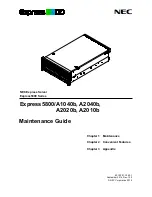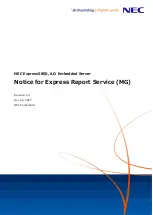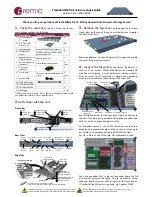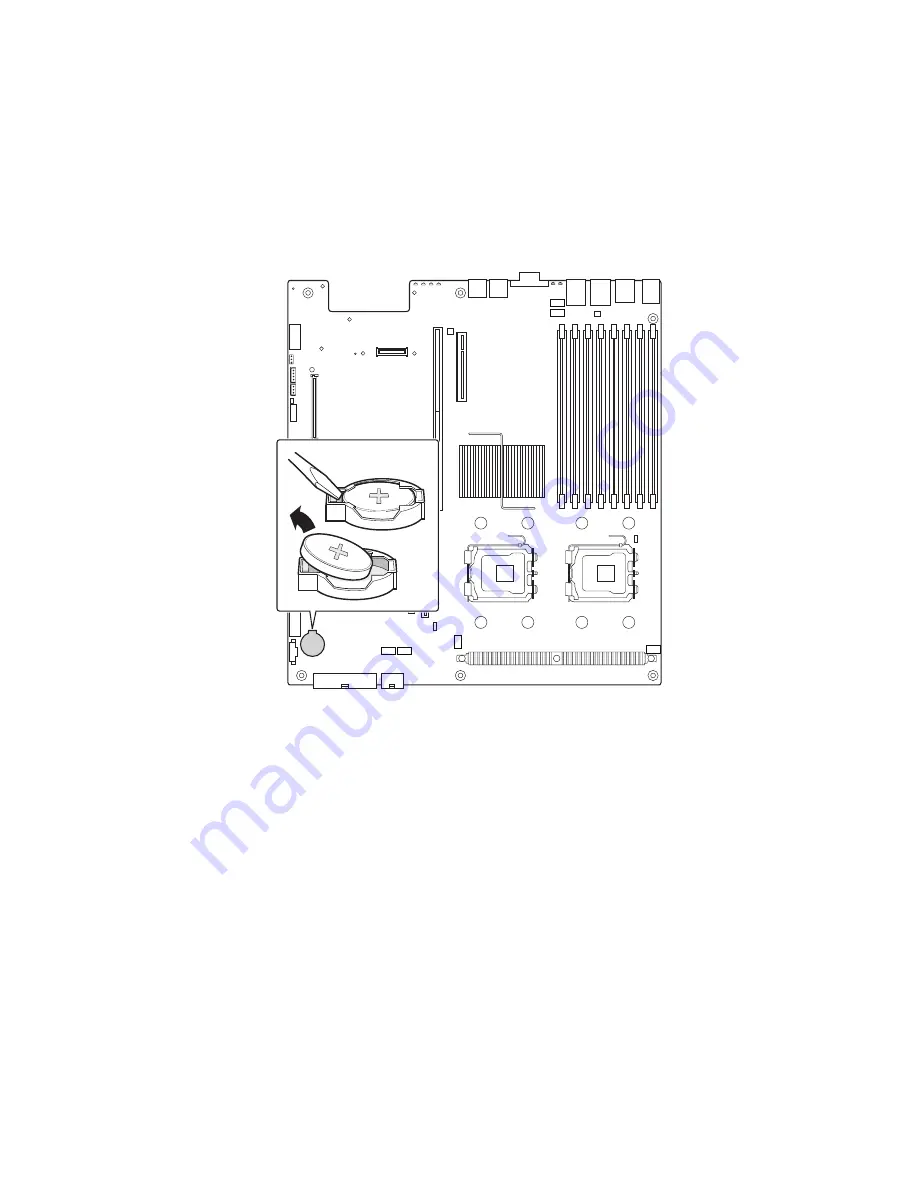
33
MAXDATA Server PLATINUM 1500 IR M6
1. Observe the safety and ESD precautions.
2. Turn off all peripheral devices connected to the server. Turn off the server.
3. Disconnect the AC power cord(s) from the server.
4. Remove the server’s cover and locate the battery. See the documentation that accompanied
your server chassis for instructions on removing the server’s cover.
5. Insert the tip of a small flat bladed screwdriver, or an equivalent, under the tab in the plastic
retainer. Gently push down on the screwdriver to lift the battery.
6. Remove the battery from its socket.
Figure 26. Replacing the Backup Battery
7. Dispose of the battery according to local ordinance.
8. Remove the new lithium battery from its package, and, being careful to observe the correct
polarity, insert it in the battery socket.
9. Close the chassis.
10. Run Setup to restore the configuration settings to the RTC.



























